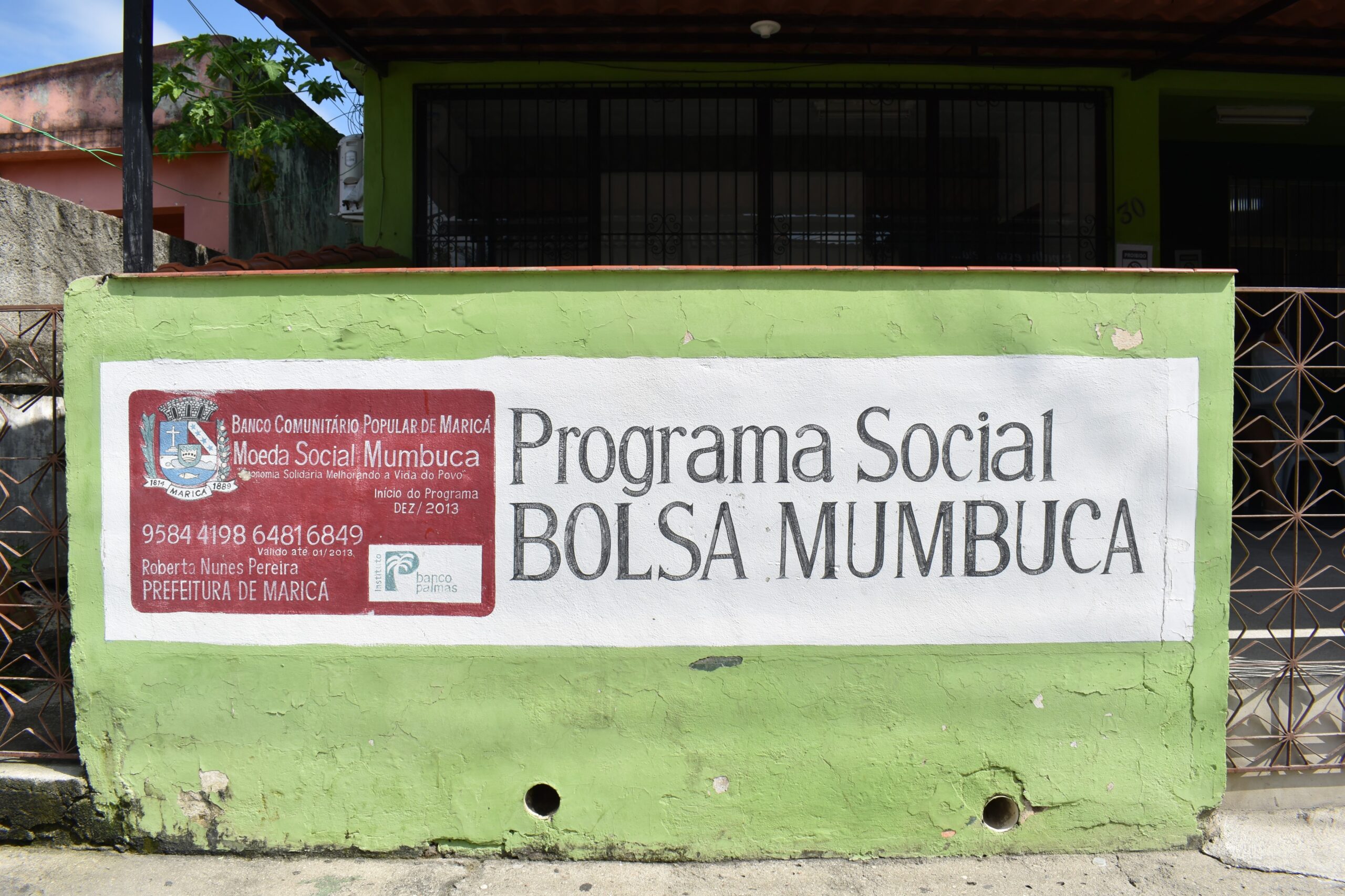Andre Luduvice

On June 12th, 2020, JFI hosted another virtual research session, joined by an international audience of researchers on basic or guaranteed income to hear from Andre Luduvice, a doctoral candidate at the University of Pennsylvania. The presentation was titled “The Macroeconomic Effects of UBI,” drawing on Luduvice’s preliminary findings from his macroeconomic model for two versions of a UBI in the United States that take into account different funding sources or tax burdens.
The model includes an overlapping generations economy (OLG) with heterogeneous agents and incomplete markets, showing responses over a life cycle, transitional dynamics that track impacts during the transition and after with a new economic equilibrium, as well as budget trade-offs and welfare effects. Some of the the impacts included marginal impacts on labor supply, and dramatic variations in impacts on the Gini coefficient, or inequality measures, depending on how the UBI is implemented, whether means tested or not, and how it is funded.
This macroeconomic modeling relates well to our own JFI-funded research and findings on a UBI in New York City.
Luduvice’s model is fascinating and vital for moving beyond pilot-based research to understand what basic income would mean at a society-wide scale. Thank you to Andre for joining us, and to everyone who tuned in. To hear about future sessions, subscribe to our weekly letter below.
Related
HudsonUP Basic Income Pilot releases year four report
Qualitative and quantitative research on how guaranteed income has affected recipients.
Household Responses to Guaranteed Income: Experimental Evidence from Compton, California
Press release: New evidence on GI from a randomized controlled trial.
New Release: First paper from the Maricá Basic Income Evaluation
Diverse impacts of the largest basic income program in Latin America on socioeconomic outcomes; crisis response use-case


